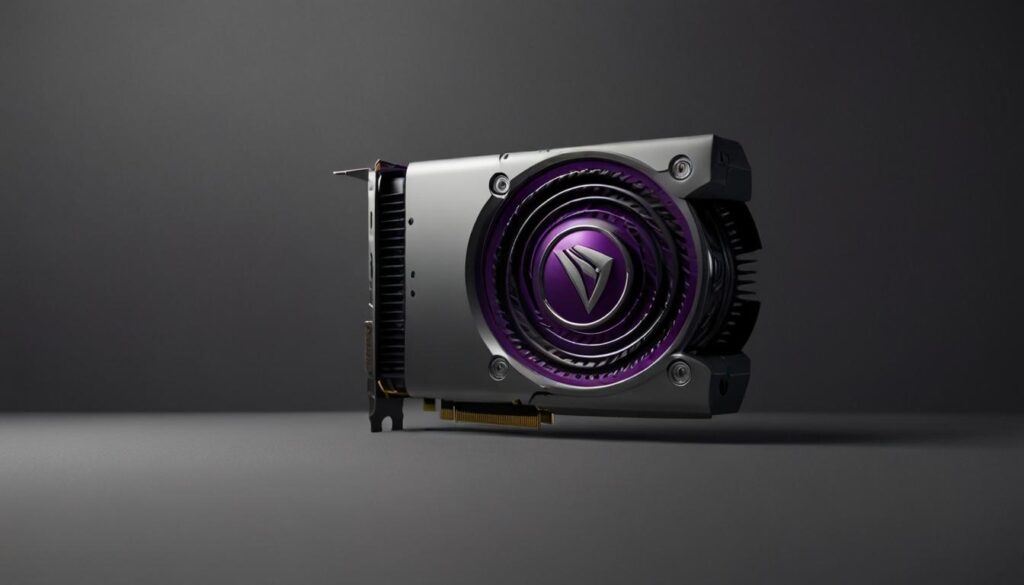Recent regulatory filings showcase a split among hedge funds regarding Nvidia’s stock, with some reducing stakes while others increase holdings, reflecting differing views on the company’s future amidst significant market fluctuations.
Hedge Funds Exhibit Divergent Moves on Nvidia Shares Amid Market Volatility
New York – Recently published regulatory filings have unveiled stark divisions among leading hedge funds regarding Nvidia’s stock amidst significant market fluctuations. This split decision occurs as some funds reduce their stakes, while others increase their holdings in the chipmaking titan, highlighting varying perspectives on its future performance.
As per the filings analysed, Citadel, one of the most successful hedge funds, drastically reduced its Nvidia stake, shedding about 500,000 shares during the second quarter of this year. This decreased Citadel’s holding to $19 million by the end of June, down from $60 million at the end of March. Similarly, DE Shaw slashed its Nvidia holdings by more than half, bringing its position down to $1.4 billion at the end of June.
Elliott Management, led by Paul Singer, completely divested from Nvidia, selling off its entire 50,000 shares. Elliott had recently issued a warning to investors, labelling Nvidia as being in a “bubble” and suggesting the hype surrounding AI was overblown.
Conversely, other hedge fund powerhouses took a divergent approach. Renaissance Technologies, founded by billionaire Jim Simons, acquired an additional 1.5 million shares, raising its Nvidia position to 7 million shares, valued at $867 million as of June’s end. London-based Marshall Wace also substantially increased its holdings, purchasing around 3.7 million shares, bringing its valuation to $1.5 billion.
This hedge fund manoeuvring comes amid a period of intense volatility for Nvidia. The technology company’s stock surged by 150% in the first half of the year, fueled by a surge in demand for its advanced semiconductors, critical for developing artificial intelligence capabilities. This significant gain followed an over threefold increase last year. However, Nvidia experienced a dramatic market rout earlier this month, with its valuation dropping by approximately $400 billion within minutes due to investor concerns over global economic prospects. Although the stock has since rebounded somewhat, it remains off its peak from June.
“Tech stocks were a haven for investors, and people were pulled along the way,” remarked Kevin Gordon, Senior Investment Strategist at Charles Schwab. He noted that the crowded trading environment contributed to exacerbated downward price movements during the sell-off.
The quarterly US regulatory filings provide a snapshot of hedge funds’ holdings at the end of June. However, these filings leave open questions regarding the timing and pricing of the trades, especially in light of the August downturn. Analysis by the Financial Times of filings from 23 prominent hedge funds revealed an average divestiture of approximately 6% of their Nvidia holdings by the end of June.
Additional data showed that Man Group and Two Sigma collectively increased their Nvidia positions by purchasing an additional 600,000 shares during the quarter.
The hedge funds’ variety of strategies extended beyond Nvidia. Among the “Magnificent Seven” megacap tech stocks, funds generally increased their holdings in Apple and Microsoft while trimming stakes in Alphabet, Amazon, Meta, and Tesla.
In other notable investments, hedge funds Baupost and Marshall Wace acquired $30 million and $20 million worth of shares, respectively, in Herbalife. This comes amidst Herbalife’s ongoing restructuring and significant stock decline, which saw it hit a 15-year low during the second quarter.
Also garnering interest was Robinhood, the retail investment platform made famous by the “meme stock” craze during the coronavirus pandemic. Qube Research and other funds increased their holdings in the company.
Shares in GameStop, one of the key stocks during the “meme stock” frenzy, surged in the second quarter following the return of investor Keith Gill, popularly known as Roaring Kitty, to social media platform X, where he declared a $260 million position in the video game retailer.
Most hedge funds, including Citadel, Man Group, Marshall Wace, Two Sigma, and Renaissance Technologies, declined to comment on the filings. Baupost, DE Shaw, Qube, and Viking Global did not respond to requests for comments.

